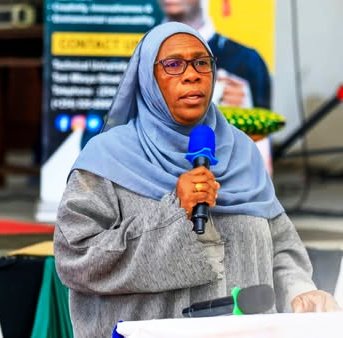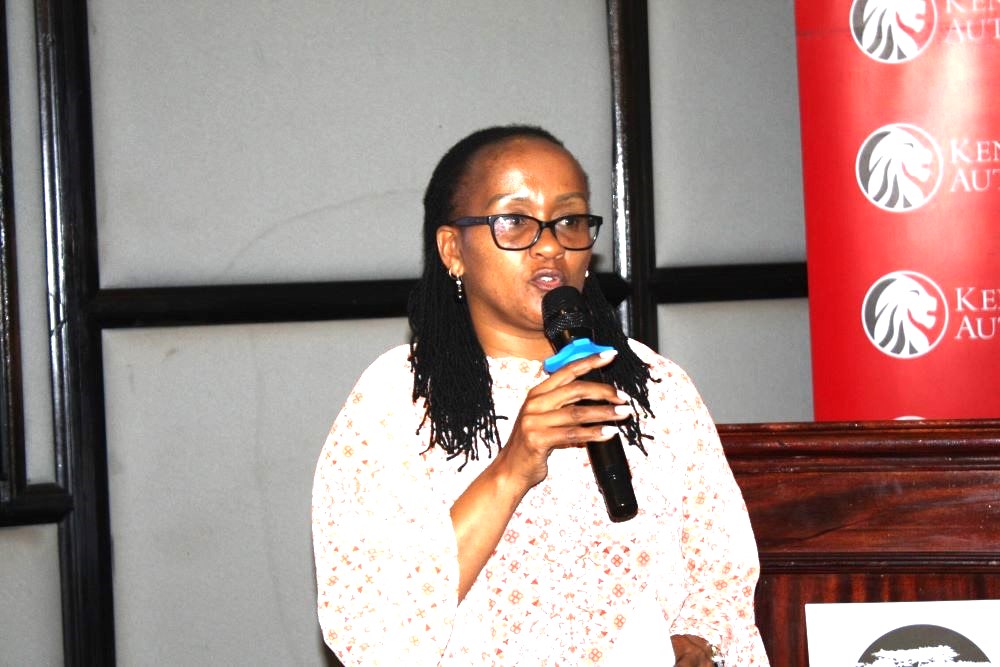Teachers have been urged to leverage technology to make secondary school lessons more engaging and interactive by incorporating virtual reality, augmented reality, and other innovative approaches that enhance dynamism and relevance in learning.
According to Leila Abu-Bakr, Vice Chancellor of the Technical University of Mombasa (TUM), technology fosters the development of critical skills, including digital literacy, problem-solving, communication, and creativity, through multimedia projects.
Innovation aims to nurture responsible and engaged citizens, equipping them with the core competencies, values, and practical skills.
Also, students must be digitally literate and adaptable, innovative thinkers; however, education must shift from memorisation to greater achievements.
READ ALSO:
Outgoing TSC CEO Macharia decries teacher shortage, budget shortfall in goodbye speech
The transition from traditional teacher–centred methods to learner-centric facilitative approaches, the Competence-Based Education framework identifies technology as an essential enabler for effective implementation and delivery across all levels.
Students in secondary schools should be empowered to create, design, and innovate, promoting critical thinking and problem-solving through active learning and future-proofing their educational foundation, the vice chancellor noted.
However, it is essential to emphasise that teachers should also receive adequate training and ongoing professional development to integrate technology into their secondary practices effectively.
This technology also offers immense potential to transform senior secondary school education, creating more engaging, personalised, and compelling learning experiences. However, some of the challenges associated with this are digital equity, teachers, and data privacy, which are essential to realising the full benefits of these advancements.
Innovation also brings new actors and stakeholders into the education system, and enhancing different relationships between the schools and industries could foster an innovation-friendly environment with a greater focus on methods over technology.
By Collins Akong’o
You can also follow our social media pages on Twitter: Education News KE and Facebook: Education News Newspaper for timely updates.
>>> Click here to stay up-to-date with trending regional stories
>>> Click here to read more informed opinions on the country’s education landscape
>>> Click here to stay ahead with the latest national news.






